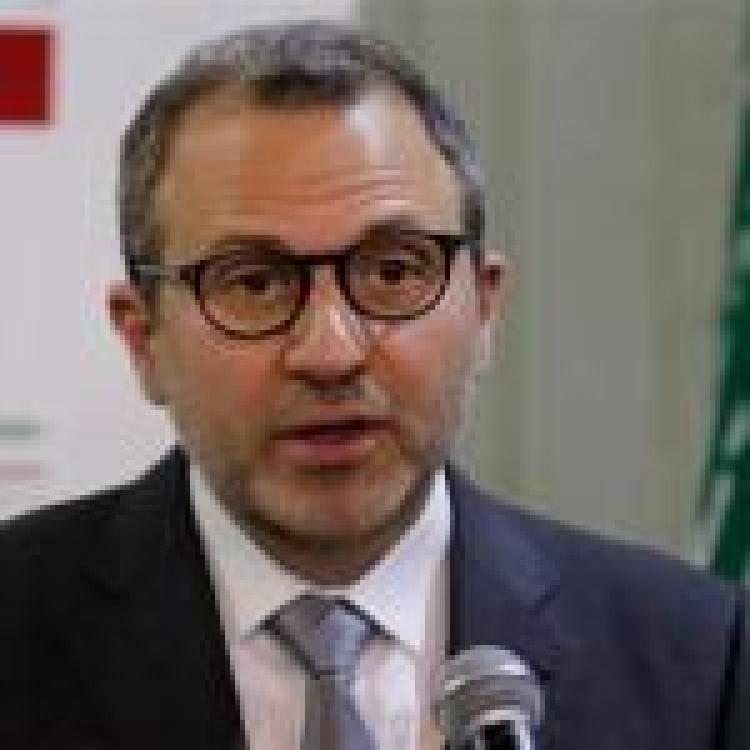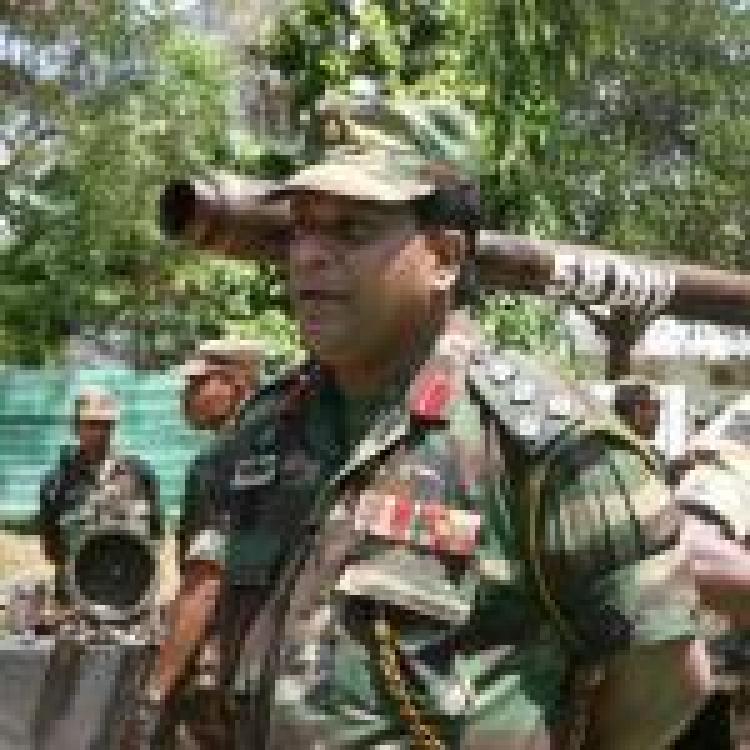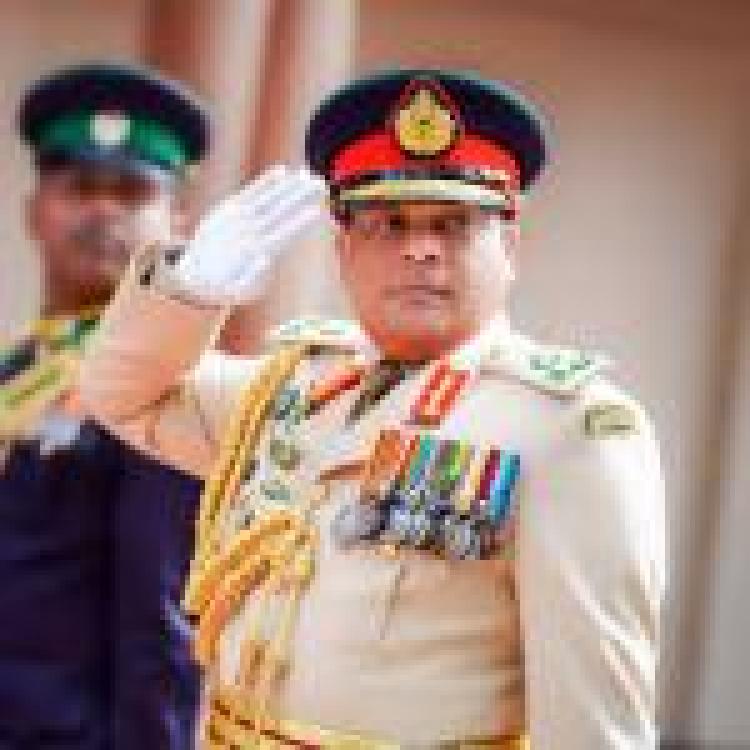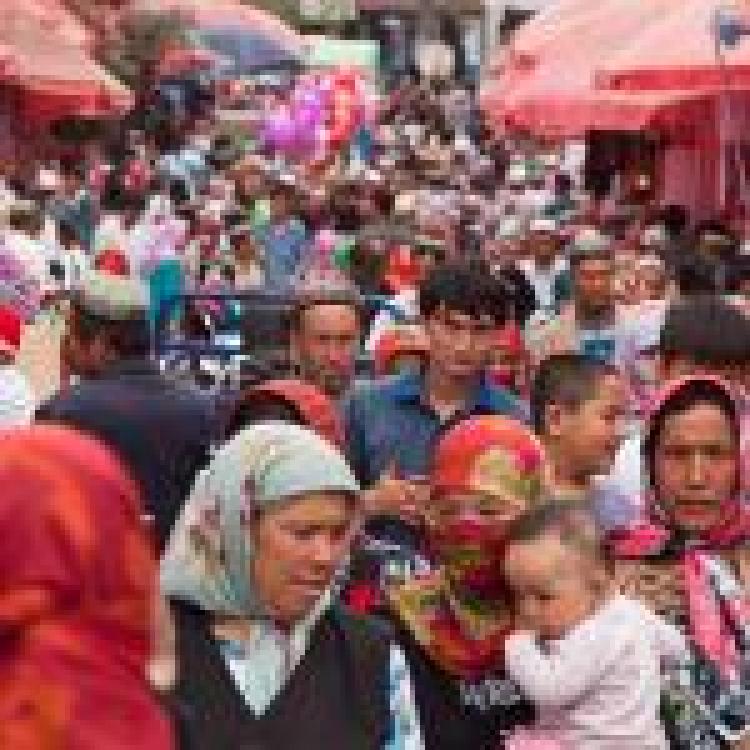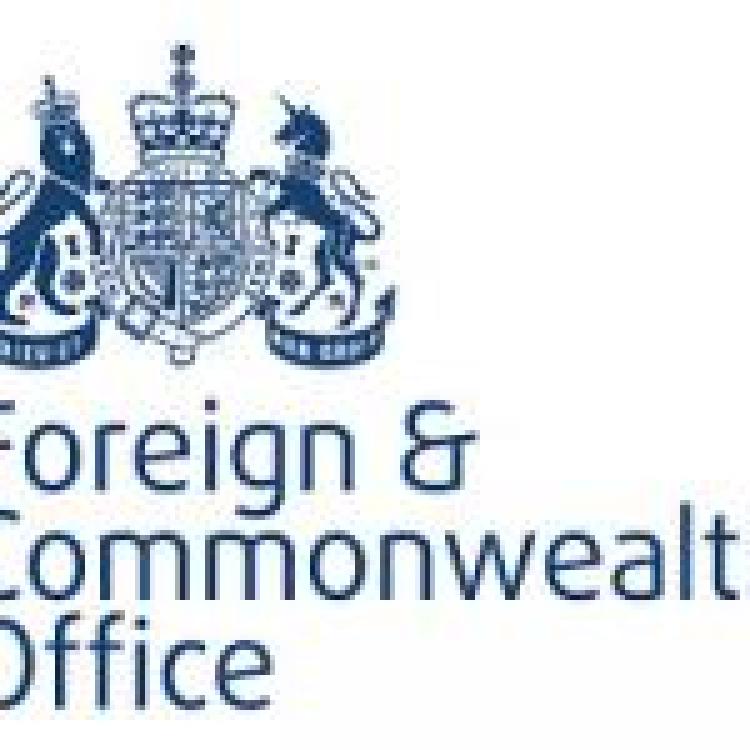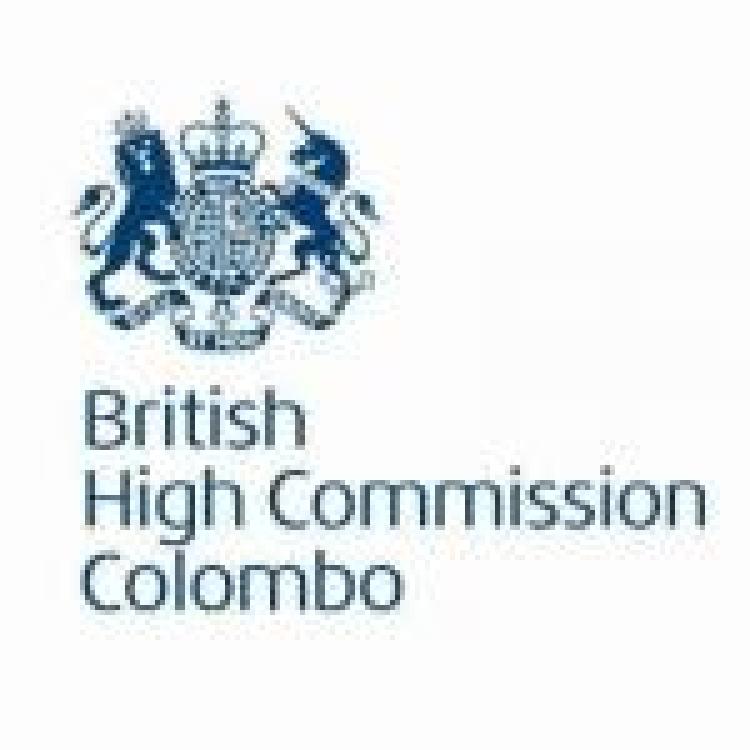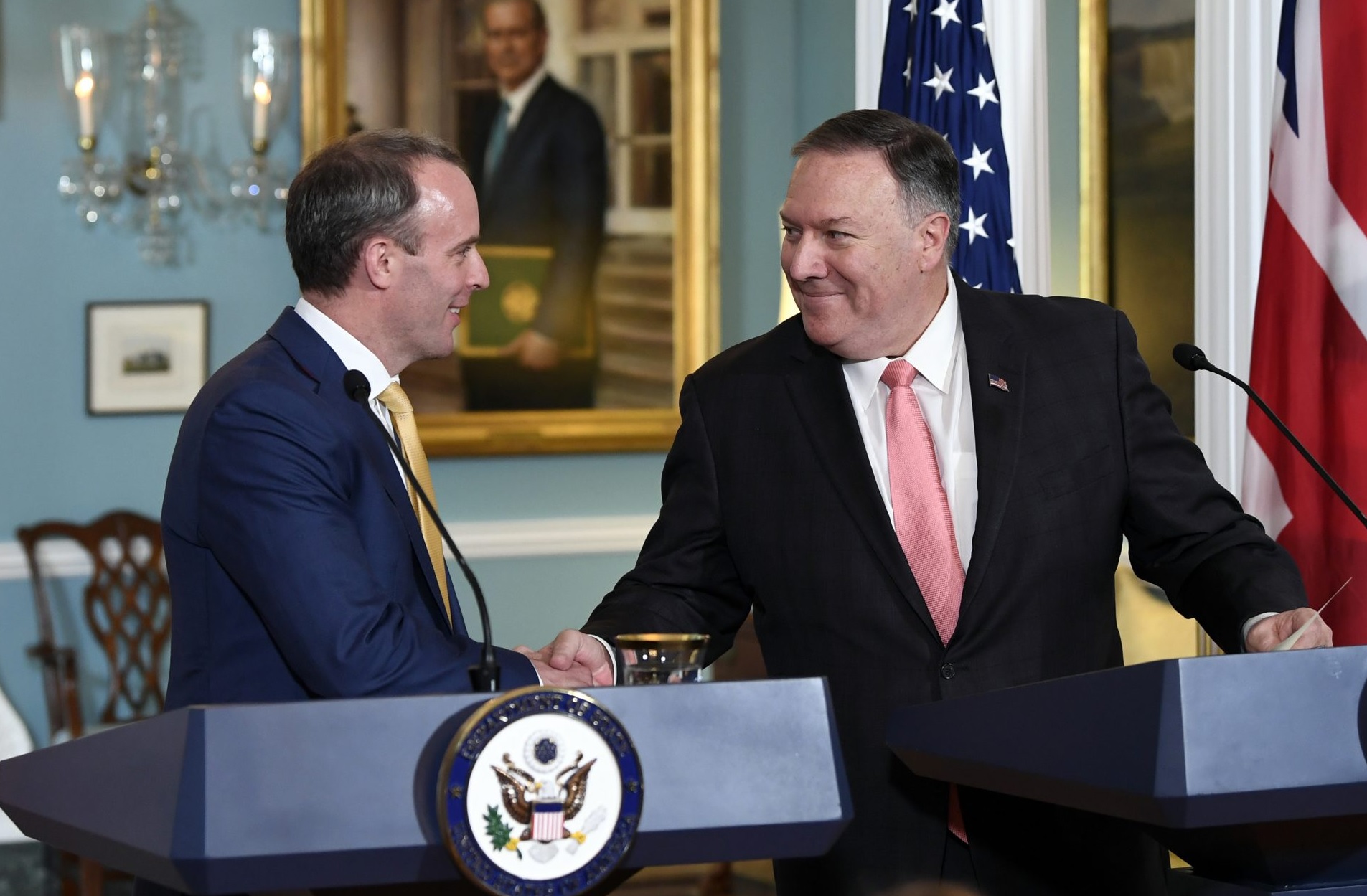
Marking International Human Rights Day, the US and UK announced a new round of sanctions targeting 31 human rights violators from across the globe.
This is the third announcement of sanctions under the UK’s sanctions regime and includes travel bans and asset freezes for human rights violators from Russia, Venezuela, Gambia, and Pakistan. The US sanctions targeted officials from China, El Salvador, Haiti, Liberia, Jamaica, Kyrgyz Republic, and Russia.
Included in the sanctions were former Gambian President, Yahya Jammeh, and Ahmad Anwar Khan, the former Senior Superintendent of Police in Malir District, a district in southern Pakistan. This was due to “historic human rights violations including extrajudicial killings of protestors and minority groups”.
The UK also imposed travel bans and asset freezes on three individuals and the Terek Special Rapid Response Unit responsible for torture and other human rights violations against LGBT people in Chechnya.
Senior officials of the Venezuelan government have also been placed under a sanction, following what the Foreign Commonwealth and Development Office (FCDO) describe as a deeply flawed National Assembly elections on 6 December.
UK Foreign Secretary Dominic Raab has stated that the purpose of these sanctions is to “send a clear message to human rights violators that the UK will hold them to account”.
He further stressed that a “Global Britain will stand up for democracy, human rights, and the rule of law as a force for good in the world”.
The sanctions regime, he added, “showcases [Britain’s] commitment to the rules-based international system and to standing up for victims of human rights violations and abuses around the world”.
Read more from the US State Department and the UK FCDO

